Pink Floyd's the Wall is arguably one of the most intriguing and imaginative albums in the history of rock music. Since its release in 1979, and the subsequent movie of 1982, the Wall has become synonymous with, if not the very definition of, the term "concept album." Aureally explosive on record and visually explosive on the screen, the Wall traces the life of the fictional protagoinst, Pink Floyd, from his boyhood days in war-torn England to his self-imposed isolation as a world-renownedrock star, leading to a climax that is as questionably cathartic as it is destructive. 
From the outset, Pink's life revolves around an abyss of loss and isolation. Born to a war-ravaged nation that takes his father's life in the name of "duty," and an overprotective mother who lavishes equal measures of her love and phobias onto her son, Pink chooses to build a mental wall between himself and the rest of the world so that he can live in a constant, alienated equilibrium free from life's physical and emotional troubles. Every incident that causes Pink pain is yet another brick in his ever-growing wall: a fatherless childhood, a domineering mother, a country whose king signs his father's death certificate with a rubber stamp, the superficiality of stardom, an estranged marriage, even the very drugs he turns to in order to find release. As his wall nears completion, each brick further closing him off from the rest of the world, Pink spirals into a void of insanity, cementing in place the final brick in the wall. Yet the minute it is complete, Pink begins to realize the adverse effects of total mental isolation, helplessly watching as his fragmented psyche coalesces into the very dictatorial persona that antagonized the world during World War II, scarred his nation, killed his father, and thereby defiled his own life from birth. Culminating in a mental trial as theatrically rich as the greatest stage shows, the story ends with a message that is as enigmatic and circular as the rest of Pink's life. Whether it is ultimately viewed as a cynical story about the futility of life, or a hopeful journey of metaphorical death and rebirth, the Wall is certainly a musical milestone worthy of the title "art."
As with most art, Pink Floyd's concept album is a combination of imagination and the author's personal life. The album's germinated during the band's 1977 "Animals" tour when frontman Roger Waters, growing disillusioned with stardom and the godlike status that fans grant to simple rock stars, became disenchanted with the seemingly mindless audience and spit in the face of a concert-goer. Drawing on these feelings of adult alienation as well as the those springing from the loss of his own father during World War II, Waters began to flesh out the fictional character of Pink. The band's first frontman, Syd Barret, and the wild stories surrounding his drugged-out escapades and subsequent withdrawal from the world provided Waters with further inspiration for the moody rock-star Pink. The contributions of bandmates David Gilmour, Nick Mason, and Richard Wright, provided the final brush strokes for Pink, a contemporary anti-hero, a modern everyman struggling to find, or arguably lose, self and meaning in a century fragmented by war. Sursa: http://www.thewallanalysis.com/


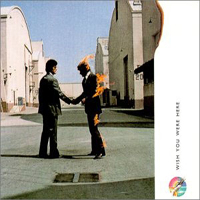
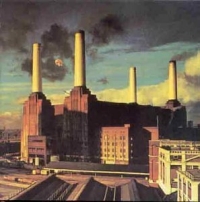

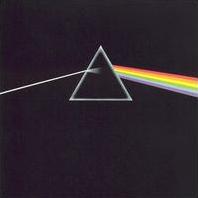
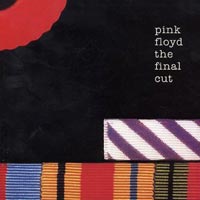
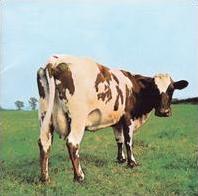
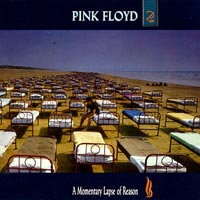
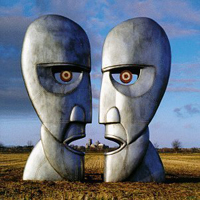
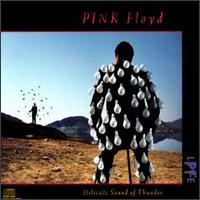
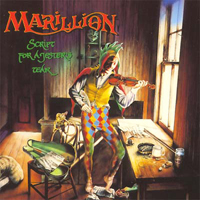
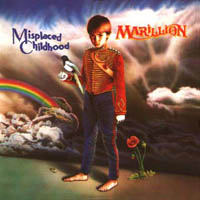

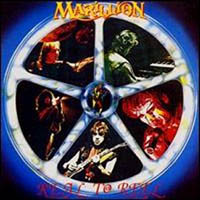
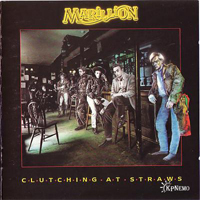




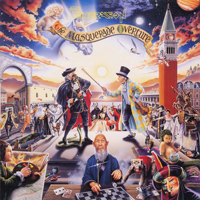
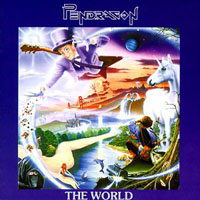
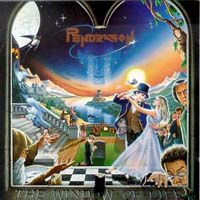
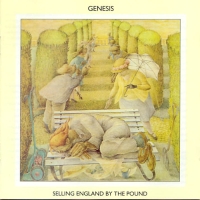
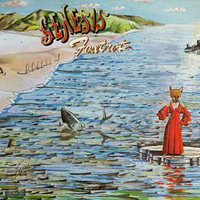
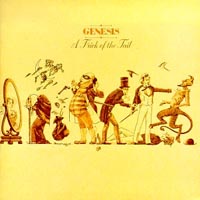
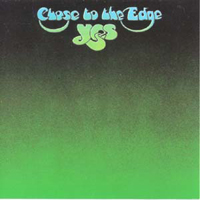
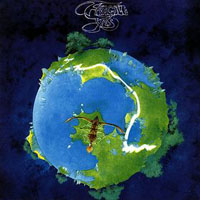
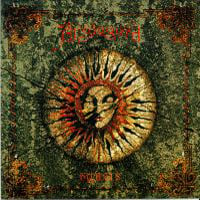


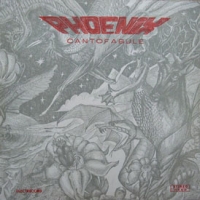
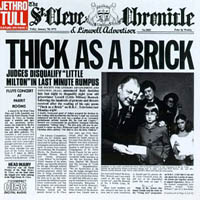
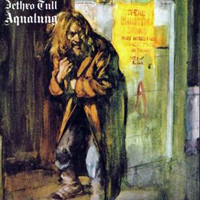


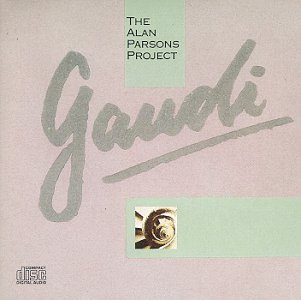
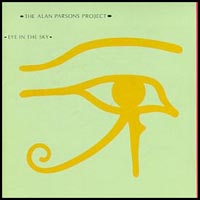



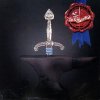

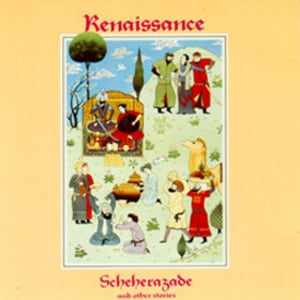

















Niciun comentariu:
Trimiteți un comentariu